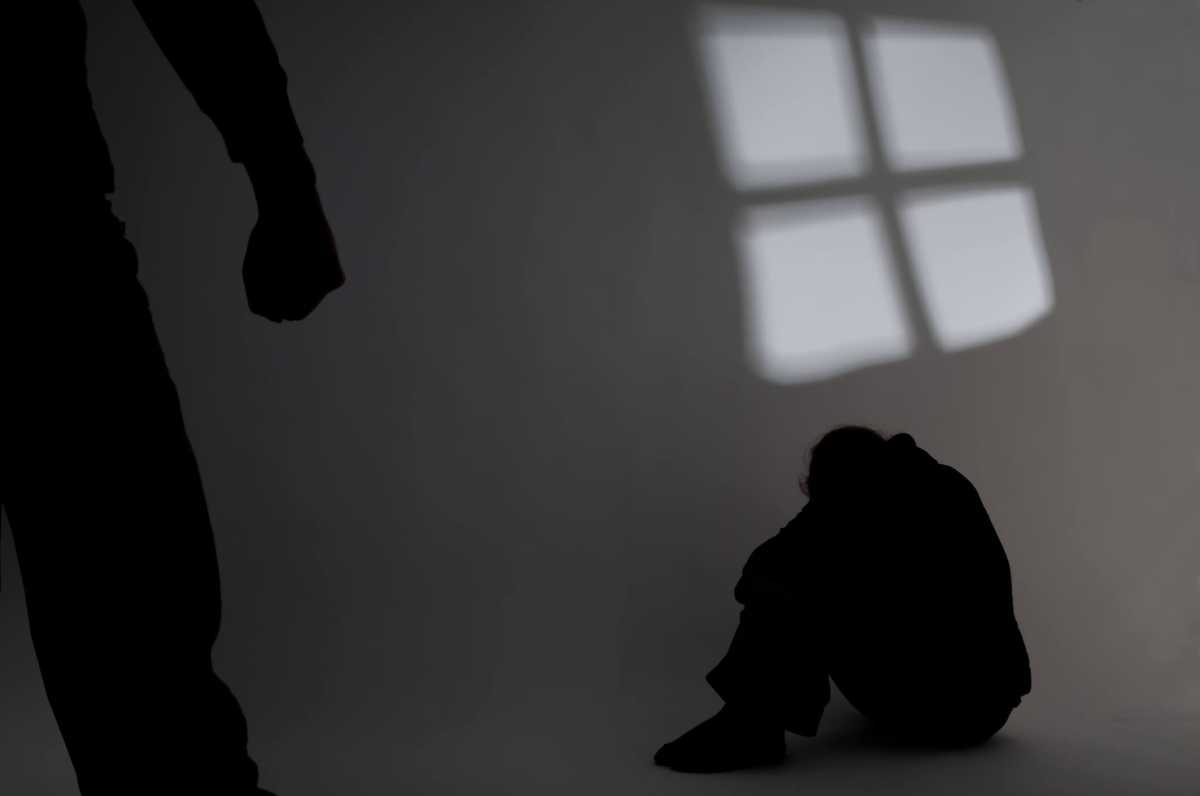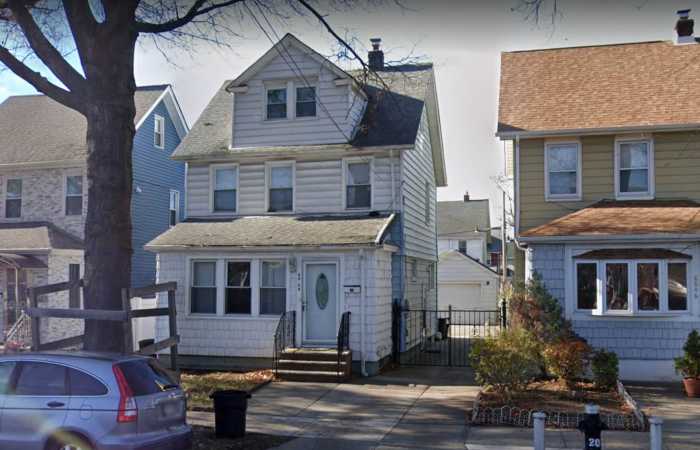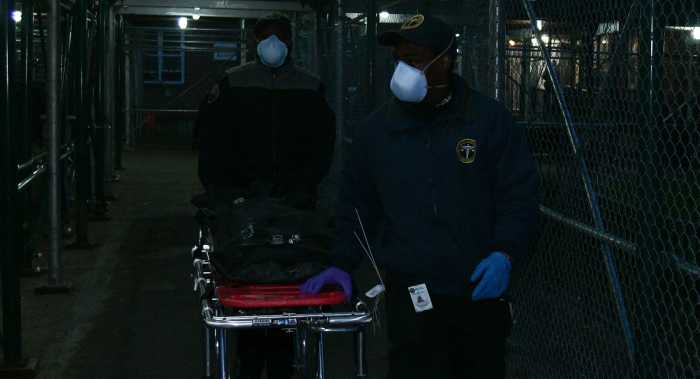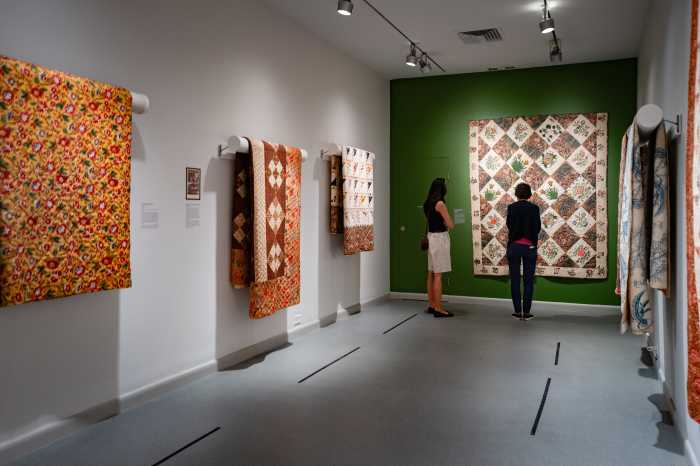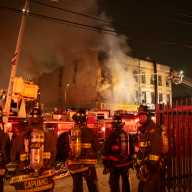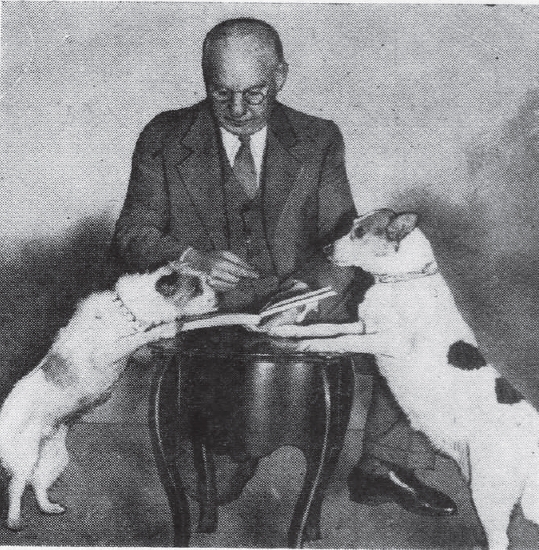Men, hear me out on this.
There aren’t enough of you taking a stand against domestic violence.
There aren’t enough of you doing the work. There aren’t enough of you volunteering, educating yourselves, or taking even the smallest steps toward being allies to women and girls. Not even this month, of all months, when we should be raising awareness of domestic violence.
To put it simply: Violence against women is a choice. So is looking the other way. And far too many men are on the sidelines.
This term “domestic violence” became real to me at about 7 years old, waking up in the middle of the night to the sounds of my mother’s moans — to the sounds of her body as it was struck by another bigger, stronger body. There wasn’t much screaming. Her boyfriend wouldn’t let her scream.
Then complete silence, followed by the dread that came over me and my brother, knowing we’d find our mother somewhere in a puddle of her own blood. The only question was where he left her.
This went on for years as if it was normal. Nobody helped, neither neighbors nor those nearby in the community.
I tried to get their attention by knocking on doors, but I’d just hear our neighbors approach, look through the peephole, and walk away. Our neighbors, in particular the men, chose to look the other way, leaving us alone, afraid, and without hope that these crimes and the abuse would stop.
In sharing this story across the country — seeking to encourage, inspire and educate others, oftentimes with my wife who is also a survivor of domestic violence, and daughter, a survivor of sexual assault — what do we see? Women leaders showing up at these events. Women being advocates. Women making the difference.
Men, it’s time to step up. Your apathy implies that we are OK with this continuing to happen.
Start by getting smart on the lifetime consequences of domestic violence.
Here are the sobering facts. Up to 10 million children witness some form of domestic violence each year. Boys who witness domestic violence are two times as likely to abuse their partners or children later in life.
A woman is beaten every nine seconds in America. One in three women have suffered intimate partner violence. Nearly 20% of teenage girls say their boyfriends have threatened harm when facing a breakup. Three women are murdered by an intimate partner each day on average.
The New York City Domestic Violence Hotline fielded nearly 94,000 calls in 2021. Twenty-four intimate partners were murdered across the five boroughs.
These numbers won’t change unless men take a position. It’s our issue, too. It’s our responsibility.
Here are some simple things that men — or anybody reading — can do.
If you witness an act of violence, try to create some separation, or call the authorities. If you suspect that someone is being abused, share with them the National Domestic Violence Hotline. Commit the number to memory — 800-799-7233. That one simple act could save a life.
Learn how to speak with survivors so you’re not unknowingly revictimizing them or causing harm.
Don’t laugh at jokes about violence against women or girls; humor lends itself to unacceptable behavior. Confront other men who are disrespectful or abusive.
Volunteer for a local domestic violence advocacy and service provider, such as the youth-focused Day One in Manhattan. Get involved with a national organization like the Joe Torre Safe at Home Foundation or A Call to Men.
Advocate for stronger policies in your workplace, such as sanctions against abusers as a preventative measure. Apply pressure to your lawmakers — demand they protect and keep reauthorizing the Violence Against Women Act.
If you’re in the public eye, use your platform. Speak out. Be an inspiration to those who look up to you.
Men, join me. Have the courage to stand beside women as leaders in this fight against domestic violence and sexual assault.
Together, we can change lives, save lives, and effect change. We can ease the burden that men, through our casual neglect, have placed solely on women for far too long.
Are you with me?
Troy Vincent Sr. is the executive vice president of football operations for the National Football League and a former Pro Bowler. Vincent will be honored for his work as a national leader and advocate against domestic violence, sexual assault and child abuse at the 20th Anniversary Joe Torre Safe at Home Gala, Nov. 10 in New York City. Tommi Vincent, his wife, chairs the Board of Directors for the National Domestic Violence Hotline.



